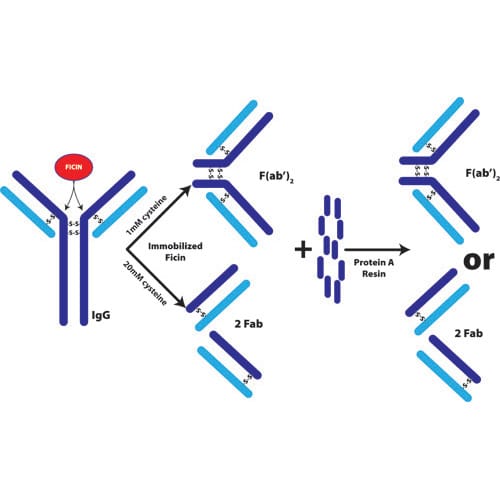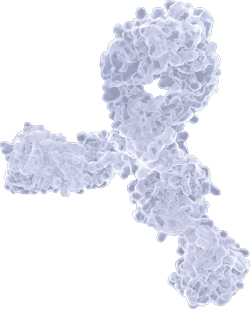Monoclonal antibodies (mAbs or MoAbs) are immune system proteins that were discovered in 1975 as a highly specific targeted molecule - it will bind to its target molecules with high specificity. It could take a load of drug or agent and deliver it to the target. Because of its specificity, monoclonal antibodies have found its use in medical science to treat a wide variety of diseases, including some types of cancer, cardiovascular disease, autoimmune diseases such as rheumatoid arthritis, multiple sclerosis, systemic lupus erythematosus, Crohn’s disease, and psoriasis, and minimize or eliminate the risk of transplant rejection.
What Are Monoclonal Antibodies, and How Are They Made?
Topics: Antibody Production
Antibody Basics Revisited (Do’s and Don’ts of Antibody Handling)
This guide applies to many, but not all antibodies. Always consult the product insert of the antibody for storage and handling instructions.
Topics: Western Blotting, Sample Clean Up, Antibody Production
Antibody Purification by Affinity Chromatography
The availability of purified antibodies is essential to various applications. While there are various methods of purification, affinity chromatography is the most popular antibody purification technique.
Topics: Protein Purification, Antibody Production
As you are no doubt aware, carrier proteins play a significant role in antibody production. While immunogenic peptides are generally considered to be good epitopes by themselves, they are too small and lack the additional motifs required to link with class II molecules and T-cell receptors. Thus, they do not have the ability to boost the antibody response.
Topics: Antibody Production






